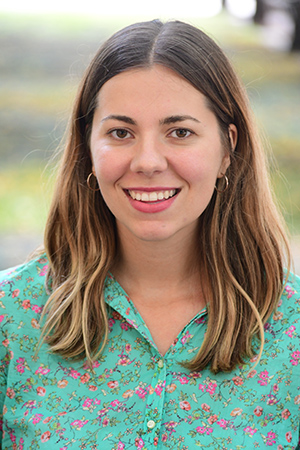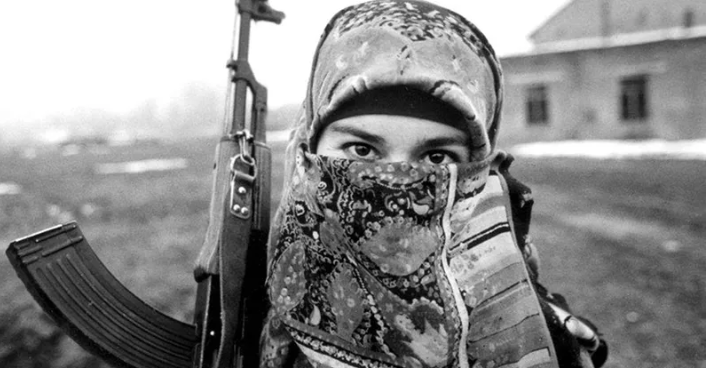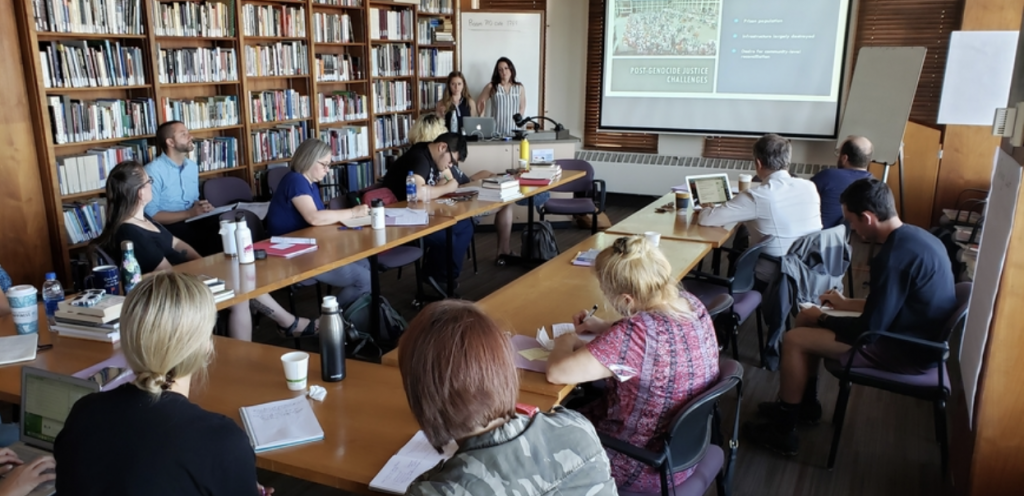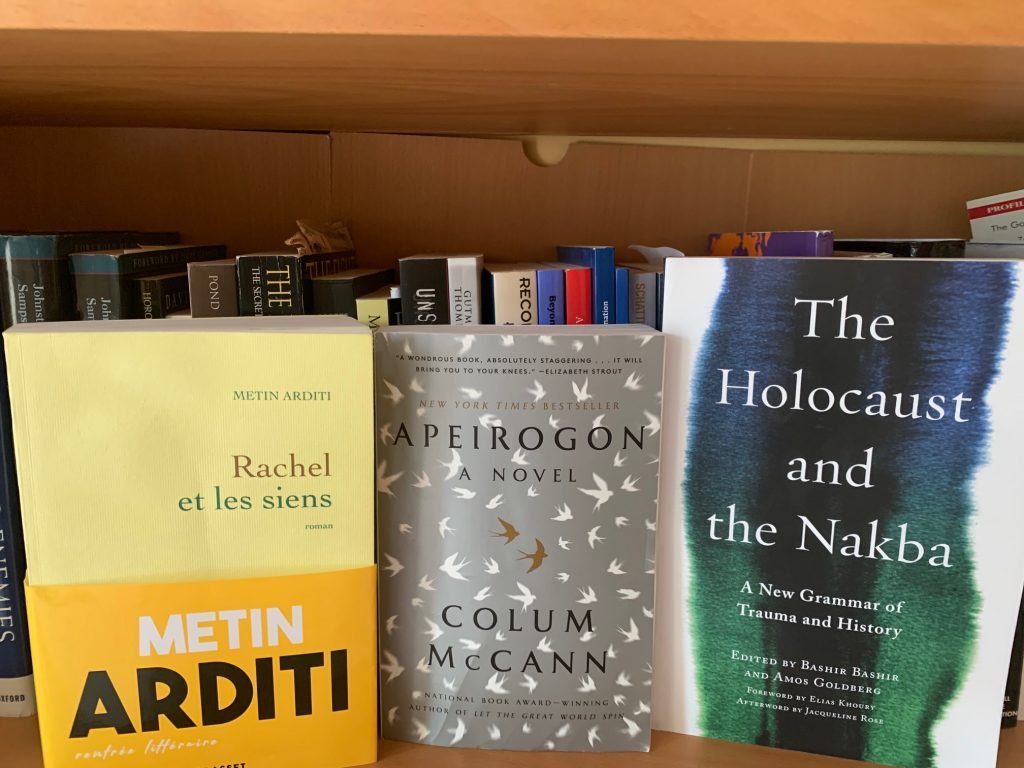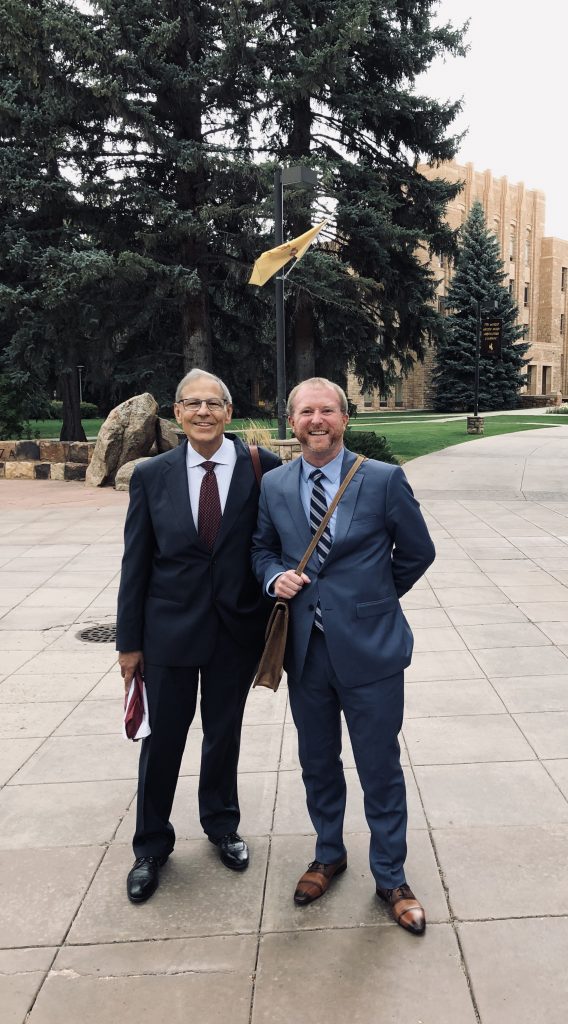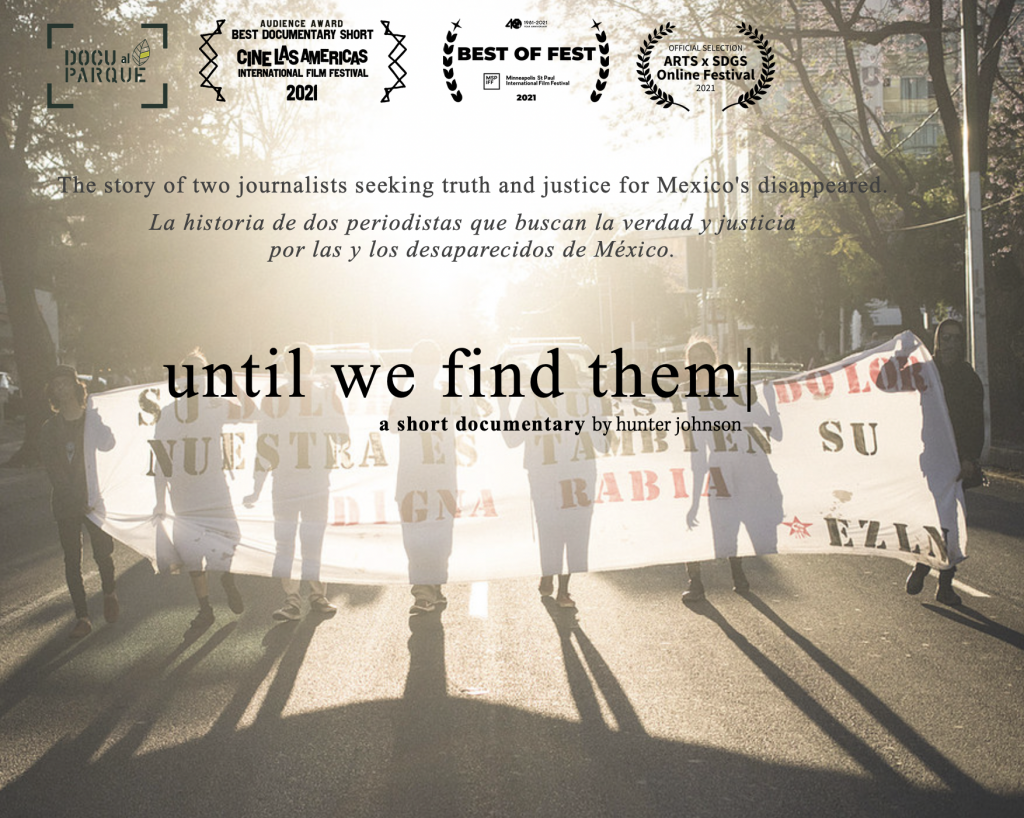Rapprochement over estrangement, renewal, and hope, these sorely needed values strengthen our rituals for new beginnings. This applies to the new academic term and the Jewish New Year, which converged as we strive to overtake the pandemic this September of 2021. Sadly, the bright start to our gatherings was soon clouded by the disturbing news about attacks and attempts to cause harm to Hmong and Jewish communities in the Twin Cities.
Racist anti-Asian and anti-Black attacks and antisemitic assaults are very often perpetrated by the same offenders. Undoubtedly, blind hatred and intolerance are motivators of such heinous acts. The importance of collaboration and solidarity in the face of unabashed hostility cannot be understated and it is heartening when diverse communities unite, rally, and respond with a sense of shared purpose. At the same time, we are aware that antisemitism cannot be fully grasped when merely absorbed and understood as just another form of racism.

